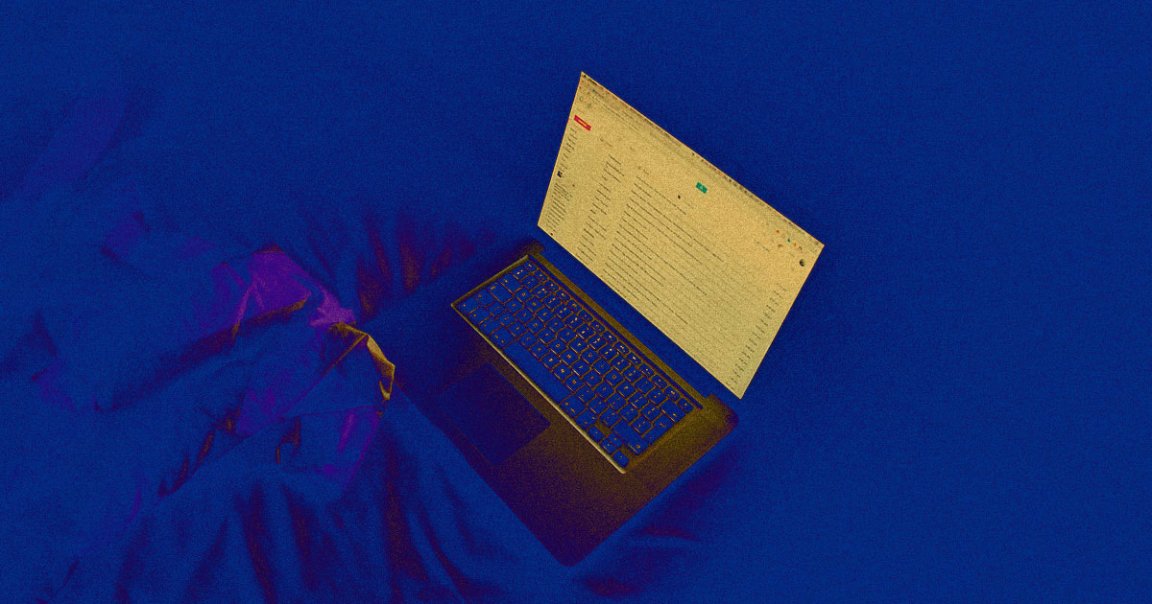
You know when you scroll social media, and it just feels good? You might be riding a dopamine high — that hormonal rush that makes us feel rewarded and motivated.
The average American spends most of their waking life watching TV, infinitely scrolling through their Instagram feeds, or mindlessly staring at their work computer.
That brings us to San Francisco professor of psychiatry Cameron Sepah. His solution to tech addiction: “dopamine hacking,” Business Insider reports. The idea is to provide “a structure to limit or compartmentalize in a way that allows your brain to reset a bit,” he told the publication.
It works exactly the way you’d expect: by spending some time away from screens and just generally taking it easy. For instance, choosing to read a book instead of raging out on Twitter.
That’s probably not bad advice. But as with many ideas that circulate Silicon Valley, some are taking Sepah’s idea to a troubling extreme. In a now-viral tweet from Tuesday, Mountain View, California-based Twitter user Janey Muñoz wrote: “today was my first day in SF since moving here, and I ran into someone from my YC batch who told me he was on a “dopamine fast” and thus had to cut our convo short (lest he acquire too much dopamine).”
Sepah argues his idea has been misinterpreted.
“It’s not a biohack, it’s what healthy people do: turning your computer off at night, taking time off on weekends, taking vacations,” he told BI.
Editor’s note: The original version of this article misstated Cameron Sepah’s title. It has been updated.